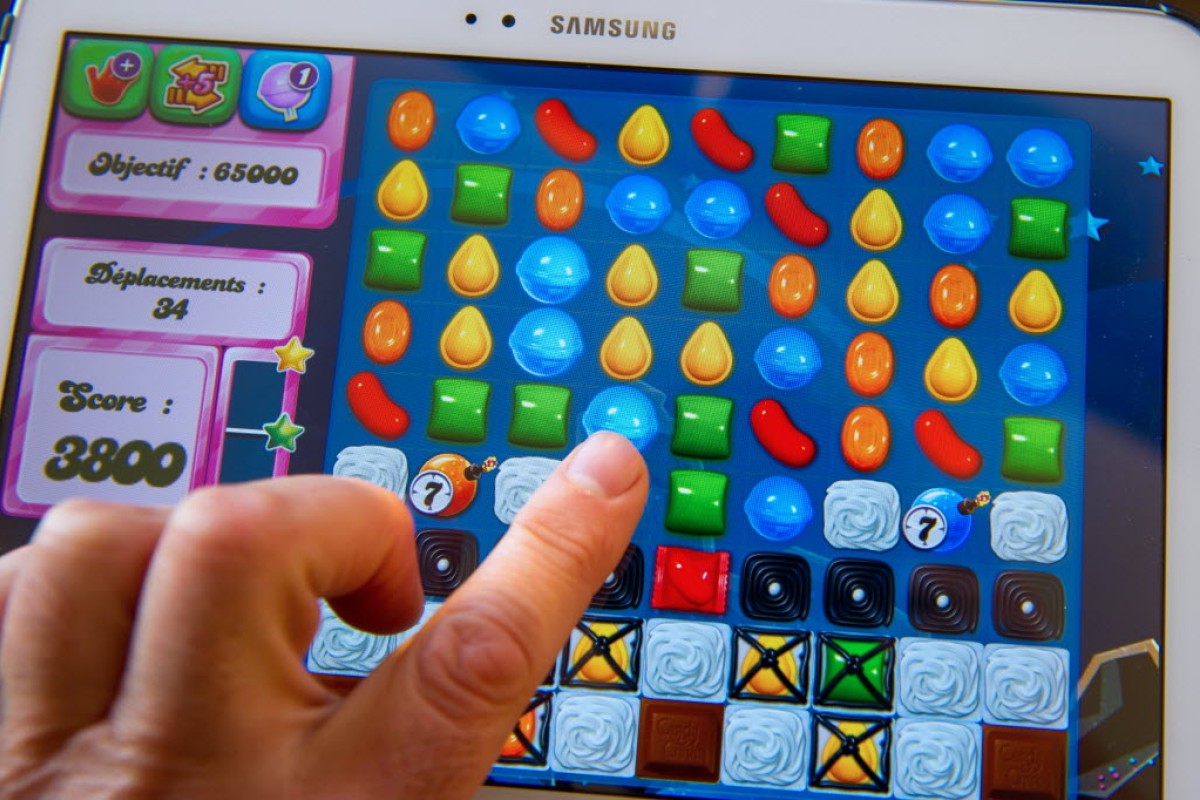
'I heart this!' But why? The philosophy of fun and "Candy Crush" [Review]

We all enjoy different things: from movies to songs, drama to reality shows, and literature to philosophy. We often think we are unique because we enjoy different things to everyone else, and we often define ourselves by what we enjoy.
But have we ever stopped and wondered why we enjoy them? What if this enjoyment could be turned into a formula and used by companies and governments to exploit us?
Alfie Bown's new book, Enjoying It, offers a set of thought provoking case-studies that reveal and inspect the secrets behind the activities we enjoy.
The author looks at pop culture icons that are massively popular in Hong Kong, but without anyone asking why, including Candy Crush and Gangnam Style. Looking beyond simply playing games or watching funny videos to unwind, Bown gets the reader thinking what they really show us about modern identity.
Bown makes interesting arguments in the book. For example, he says that we are now living in a bizarre second wave of 19th-century Victorian culture called "rational recreation".
This is the name for a project in the 1800s that regulated working class people's leisure time to limit their potential for rebelling against the authorities. Through this comparison, Bown shows we are a population controlled through what we enjoy.
He makes his arguments accessible and lively, with modern popular culture references to guide readers through his analyses. He touches upon classic philosophy by using the theories of famous thinkers, like Slavoj Žizek, Mladen Dolar and Pierre Bourdieu.
The book begins with the argument that the language used to talk about leisure time organises our enjoyment into categories and places value-judgments on it.
He points out that different forms of enjoyment are classed as "legitimate" and others "illegitimate", some "productive" and others "unproductive", based on how much "cultural capital" they have - in other words, how much an activity boosts a person's skills or knowledge.
Bown argues there is no good or bad enjoyment, and that we live in a society that decides how acceptable a form of enjoyment is deemed to be.
Another argument in the book is made through analysing popular apps, like The Candy Crush Saga (his critique is also available on YouTube under the title "Let's Play: Candy Crush and Capitalism").
Bown, who is co-editor of the blog Everyday Analysis, claims that even mobile-phone games deserve an in-depth ideological critique. This is analysis worth delving into, as it taps into an under-investigated subject and spots a hidden agenda under the surface of normal daily life that readers can relate to.
People usually do not link mobile gaming with wider society and politics. Bown shows that these games tell us important truths about our politics, and our relationship with work and play.
This is a fantastic read for both beginners and experts in philosophy.
Intellectual arguments paired with accessible case studies of everyday entertainment make it a fun and thoughtful book for anyone who wishes to think more deeply about the things they encounter in their daily lives.